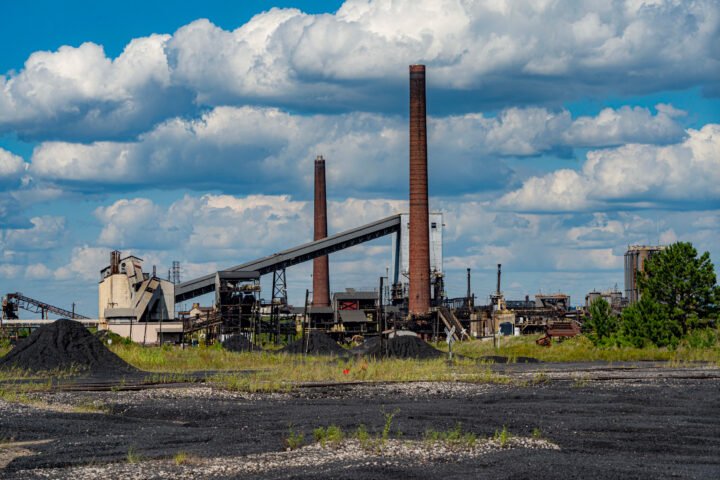According to a new report published on Wednesday by the World Meteorological Organization (WMO), there is a very high likelihood that the world will break the 2024 global heat record within the next five years. The report also states that it is highly probable that the planet will exceed 1.5°C of warming during the same period — a threshold that has long been considered critical.
The WMO warns that every additional fraction of a degree in warming increases the risk and intensity of harmful heatwaves, extreme rainfall, severe droughts, melting ice sheets, ocean warming and rising sea levels. The probability that the Earth’s average temperature between 2025 and 2029 will temporarily exceed 1.5°C has risen from 47 percent in the previous five-year forecast to 70 percent.
Paris Agreement
This is particularly striking given the 2015 Paris Agreement’s goal of keeping warming ‘well below 2°C’ and ideally limiting it to 1.5°C. Although the 1.5°C target is a long-term objective spanning several decades, it was surpassed for the first time in 2024, which was the hottest year since records began in 1850. The likelihood of breaking that record again within five years is now estimated at 80 per cent.
The WMO forecasts that average global temperatures between 2025 and 2029 will range from 1.2°C to 1.9°C above pre-industrial levels (1850–1900). “The past ten years have been the warmest ever recorded,” said Ko Barrett, Deputy Secretary-General of the WMO. “Unfortunately, this report offers little hope for improvement in the near future. The consequences for our economies, daily lives, ecosystems and the planet will be profound.”










